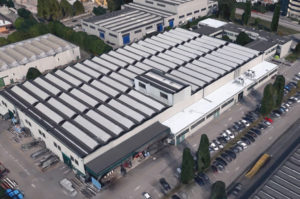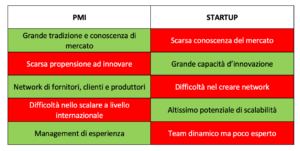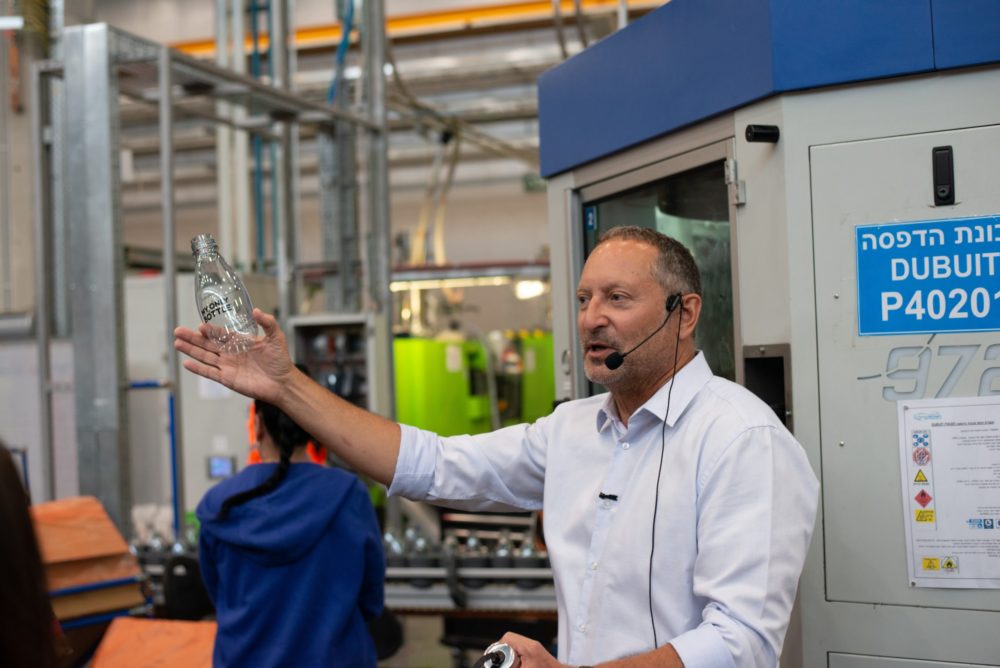
How often do we hear about the terrible trend of the Italian economy, with GDP that does not grow and we who end up in a technical recession?
Too often we are more inundated with information regarding problems than those concerning possible solutions to grow or leave. Too often we blame our politicians (and surely they have so many blame), but lately I think that an “in-house” solution to solve these problems could be there. But let’s go by order.
The Italian economy is based on small and medium-sized enterprises (SMEs) in the manufacturing and industrial sectors that have enabled us to create a well-established entrepreneurial ecosystem in the area and have made Italy the second manufacturing country in Europe and the seventh in the world.
The composition of these SMEs is mainly characterized by an entrepreneurial tradition that has been handed down through the generations and a number of employees that for 90% is less than ten. Although considered the small size of the companies in our area, Italy appears to be the world leader in many micro and macro sectors. We are the world leader in the production of ceramics, taps, bullets, pharmaceutical products, luxury boats and yachts and I could go on for hours. This is because we enjoy an ecosystem composed of micro-enterprises that specialize in market niches and cooperate with each other to build entire industrial sectors. Think, for example, of an anthill: see how it is not built by three or four giant ants, but by hundreds or thousands of ants that all work together and each one of them does something a little and does it excellently. Here, this comparison represents our entrepreneurial ecosystem.
To date, our SME ecosystem is often threatened by the sudden change in the global economy based on innovation, technology and generational change.
So how can our small and micro businesses that produce their products and services the same way as fifty or a hundred years ago? Most of them do not even have the possibility to have an internal research and development department and others do not even have the budget to produce innovation; without considering that the know-how of entrepreneurs does not have a technological background in most cases. So how does one compete with the Asian, American and European giants that change this economy so quickly?
On the other hand, we see another type of company that is developing very rapidly in recent years: startups . Small organizations that create innovation in conditions of extreme uncertainty and that aim at a very rapid and “scalable” growth of their product. As we often read, Italian startups are poorly supported by financial, institutional or government players, as happens in other countries of Europe and the world. There are still a few years to determine if our startups are truly excellences, from what I can see every day I believe that there are excellent conditions for creating a strong ecosystem.
But if on the one hand we see how our SMEs suffer from the change in the global economy and cannot keep up with technology, on the other hand we see startups that are real hubs of technology and innovation that are too often left in apart and therefore remain in oblivion, if not die directly after a few months or a few years.
If we analyze, with a simple outline in hand, what are the main problems of startups and SMEs, we can immediately see that greater cooperation between the parties can really lift our country, making it competitive again at the international level:

Analyzing this simple scheme, where the company’s problems are highlighted in red and its strengths in green, do you not notice how a union between the two parties can create an entrepreneurial ecosystem never seen before? And these are perhaps 1% of the list of problems and solutions that can be solved mutually between the parties.
We are fortunate to live in a country that is the home of manufacturing excellence and at the same time we have the “luck” of having a startup ecosystem that is still underdeveloped where financial players such as VCs, angels, CVCs etc. they still don’t give her the support they deserve.
Well, this article (or manifesto if you prefer) is aimed at entrepreneurs both startups and SMEs to invite people to think that, perhaps, the solution to so many economic and financial problems that afflict our country are closer than we can to imagine. Just look at each other …
Federico Palmieri

